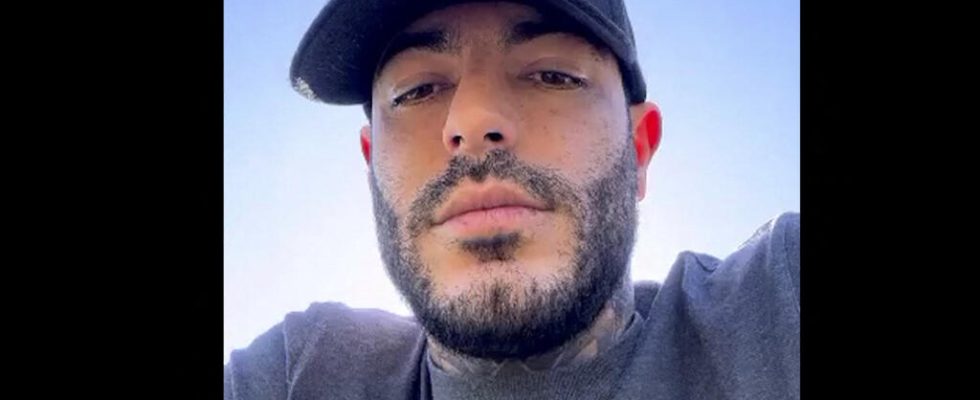In a new interview broadcast on Sunday, November 26 in the Uruguayan media, drug lord Sebastian Marset continues to ridicule the Bolivian authorities for the failure of their operation supposed to capture him last July.
4 mins
From our correspondent in La Paz,
This story tends to become a bad joke that repeats itself. A 32-year-old Uruguayan, Sebastian Marset, who has been evading justice for years, appeared on Sunday in a clandestinely recorded interview to discuss in particular his flight from Bolivia.
The criminal is known as “the man of a thousand faces”, due to his ability to obtain false identities. He has become one of the most wanted men by Interpol and Europol and is the subject of an international arrest warrant for drug trafficking, criminal conspiracy and money laundering. He is involved in the transport of cocaine to the northern hemisphere and is suspected of being behind the assassination of Paraguayan prosecutor Marcelo Pecci, perpetrated in Colombia in May 2022.
Arrested for the first time in 2013 in Uruguay, Marset is serving a sentence until 2018. When he leaves his country and resumes his criminal activities in the region. In 2021, he left the Latin continent and tried to reach Turkey, but found himself detained in Dubai, because he was traveling with a false Paraguayan passport. From the Emirati prison, he took care of the Uruguayan passport and put an end to his captivity.
At the end of July 2023, he was located in Santa Cruz, in eastern Bolivia, and the government then launched a vast police operation to try to capture him. But the criminal managed to escape the raid by the security forces with his family and, from then on, he ridiculed the Bolivian authorities. And this, in particular, because he declares having been warned, surely by the authorities themselves, to flee.
A leak enabled by corruption?
On Sunday, the drug trafficker, still at large, revealed details of his escape from Bolivia in an exclusive interview with Uruguayan television, and he again claimed that he was helped to escape from Santa Cruz. “ They informed me (of the operation). I packed two suitcases with my clothes and those of the children and I left. »
This version was denied by the government minister, Eduardo del Castillo. For him, “ it’s all a lie ”, and speaking badly of Bolivia, Marset “ confirms that the police are on the right track in their investigations to try to dismantle his criminal organization “.
This is not the first time that Marset has sent messages through the press. He had done it this summer, in August, when he fled. In this new interview, the trafficker laughs about corruption in Bolivia and declares that “ To end drug trafficking, we must first end the corruption of the police and politicians. And they are many. »
In particular, he returned to a large sum, more than $400,000, which he allegedly left in one of his properties in Santa Cruz during his flight. He recalled that police had offered a $100,000 reward to anyone who gave tips on his whereabouts, but had said nothing about the remaining $300,000. In this regard, the minister said that the money was in state offices.
Read alsoCoca, a leaf like the others?
Bolivia in trouble
If it remains difficult to verify Marset’s statements, with these declarations and by claiming to have benefited from corruption, he continues to discredit Bolivia. And this affair is causing trouble in Bolivia. Because even if Minister Eduardo del Castillo defends himself from all these accusations, the damage is done: doubt has been sown.
In Parliament, some members regret that a drug trafficker is making Bolivia “ the laughing stock of the international press » and that the Bolivians are thus « humiliated because of the links between the MAS (the ruling party) and drug trafficking “.
But this speech not only raises questions about the failure of his arrest, it also raises questions about the possible inadequacies of international passport controls. In Paraguay, an investigation is still underway to find him. In the meantime, Sebastian Marset continues to be at large, on the run, while he has six criminal trials following him in Bolivia.
Read alsoVast police operation in Bolivia to capture an alleged perpetrator of the assassination of prosecutor Pecci
